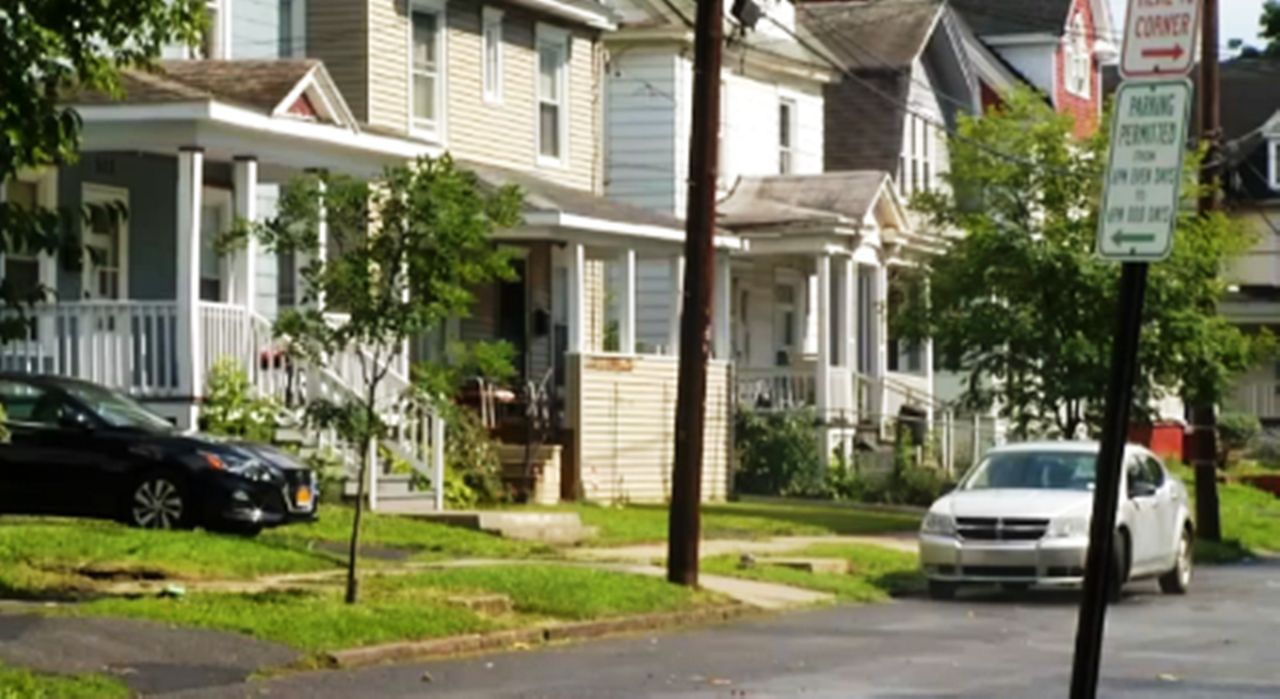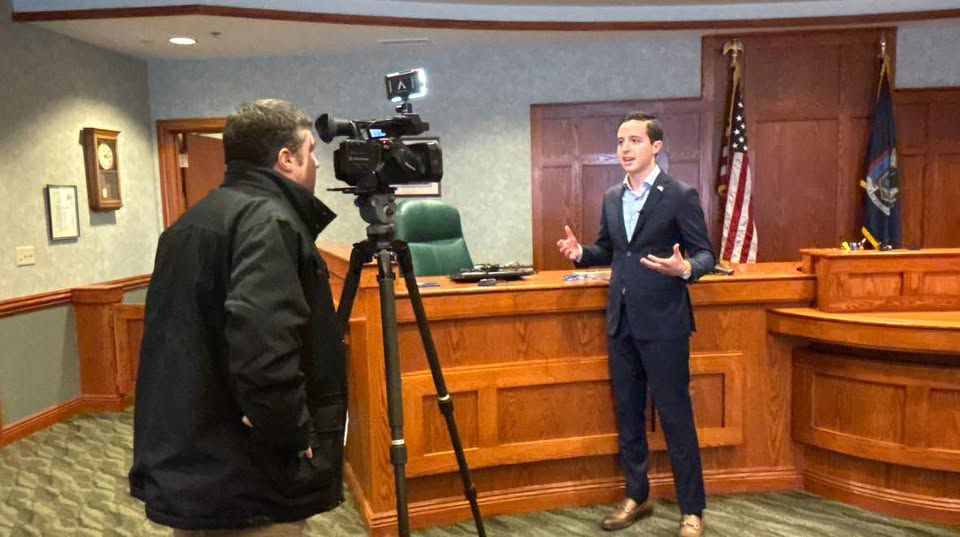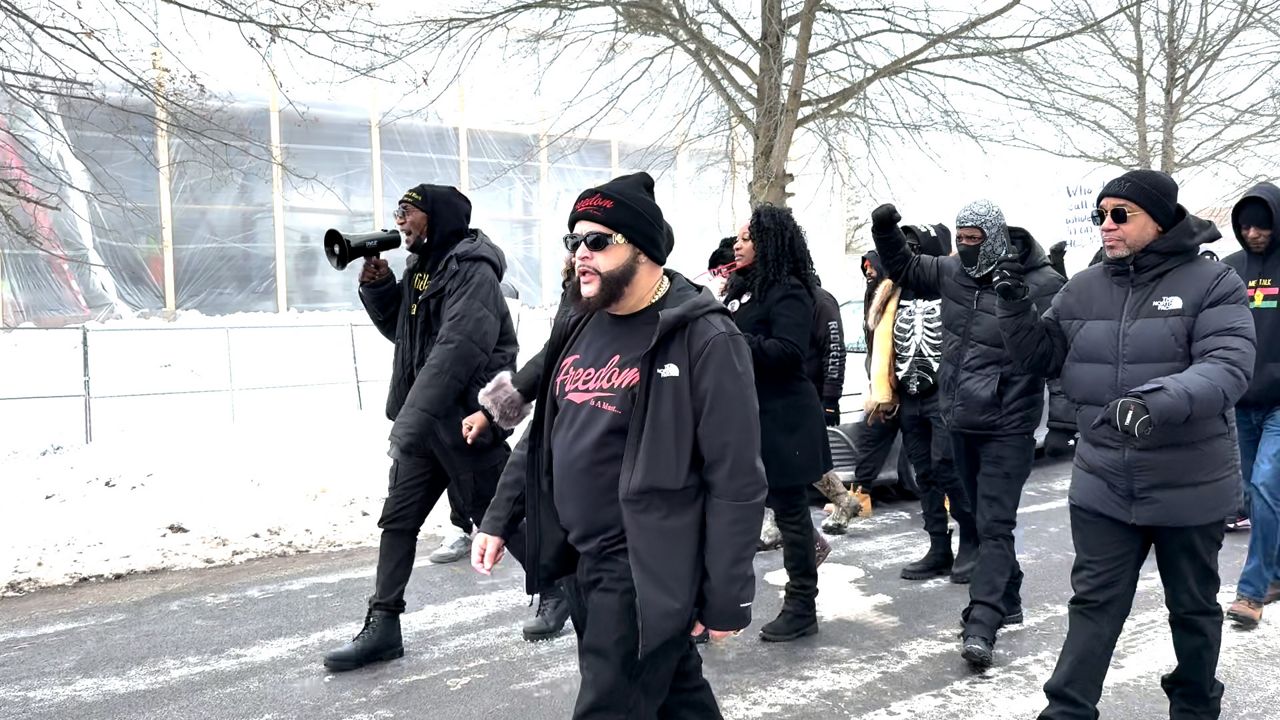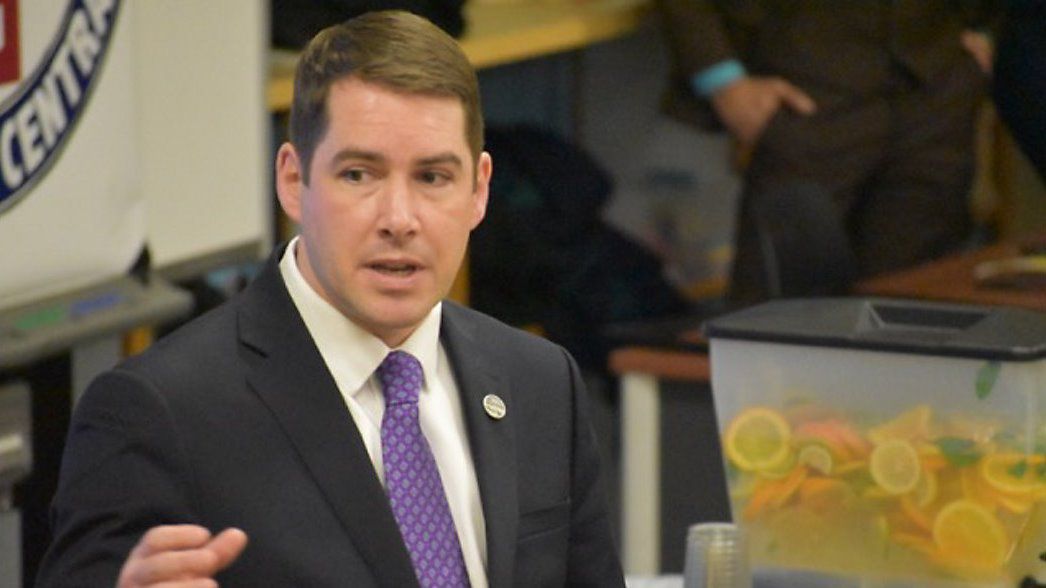More than 1,000 acres of land are being turned back over to its original owner, the Onondaga Nation. The people of the hills and friends of the Onondaga Nation have spent years working to reclaim indigenous land. A recent announcement by Governor Hochul and the DEC is seeing some of that land officially returned, but it's only a start.
“The relationship between Onondaga as a sovereign nation and our courts is very complicated," said Joe Heath, general counsel for the Nation.
Heath is stood side by side trying to educate all New Yorkers on the impact of our history; on the people and the culture.
“What has been very consistent through those decades is talking about the land and the loss of the land and the difficulties that that's created,” said Heath.
Heath says polluted waters and eroding ecosystems have a direct effect on indigenous people, and there's no quit in the Onondaga Nation for justice and freedom.
“We need more land for our people just to live, to hunt to fish are always looking for clean waters,” said Onondaga Nation’s Tadodaho Sid Hill.
Some things that used to be more prominent in the identity of the Nation and tribes across the state, gaining control over some of this land means partnering with organizations to start addressing issues.
“You can see where the stream is coming. Clear water coming into muddy water,” Hill pointed out at a water feature near an overpass that has been polluted and vacated for years. ”This whole place was just full of kids all summer, now they never come.”
Back at headquarters, Jeanne Shenandoah recounts a lifetime of effort to reclaim parts of the two million-plus acres that used to extend far past today's Onondaga Nation property.
“Land that we were not inhabiting anymore, because we still consider the whole thing is still our home,” she said.
With the land comes responsibilities, but it's something that the nation knows more than about and feels others have severely neglected.
“It was always stipulations. You know, how are you going to do the land? How are you going to use it? You know, it's just kind of kind of insulting,” said Hill. “To say, well, we know how to use the land. We've been using them for thousands of years.”
Over the centuries, there's been some steps in the right direction, according to Heath.
“It's important for people to understand that when we're talking about truth, and justice for indigenous people. It is not money," said Heath. “What will help heal that it is land.”
It's a feat he says will take more than a village.
“A lot of work and energy by many, many people to get to this point generations of people,” said Shenandoah. “You know, every move we make and turn we meet here we're hoping that it will open up people to thinking more and questioning more and wanting to know more about us in opening, opening the door to better relationship and more understanding leading to more justice towards the land and our people.”






